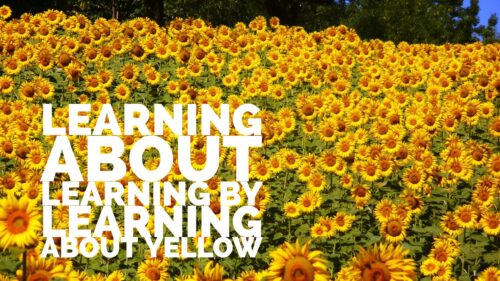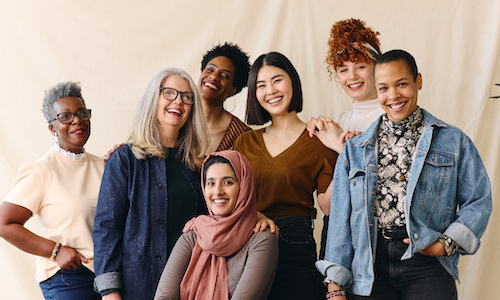An Alternative eLearning Development Model for the Social Age
Supporting the social nature of work is not easy. It requires new ways of thinking and new ways of working. It also means discovering new ways of creating learning content, or courses. This isn’t just for instructional designers and developers either. Managers, Directors, and CLOs need to reset their expectations as well. After you launch your LMS preloaded with a course library you’ve solved most of the compliance course requirement concerns. This is so easy with Litmos LMS and Litmos Content, anyone can do it.
But that’s just our baseline. Now you’ve got custom learning content that needs to be created. You have unique products, unique policies, unique business processes that need to have training resources created. Your new LMS can only do so much on its own. For the unique content that is well defined, you can work with a consultant or use your own internal designers/developers and quickly develop content, courses, and learning paths. It’s pretty straight forward. We’ve been doing it for decades now.
Socratic Learning Development Model?
But there is always more complicated learning that needs to occur. The kind of learning that is experienced. Asking questions and quickly creating content based on the answers. Do we dare call it a Socratic Development Method?
According to wikipedia, the Socratic Method…
“…is a form of cooperative argumentative dialogue between individuals, based on asking and answering questions to stimulate critical thinking and to draw out ideas and underlying assumptions.”
I’m not sure what we call it yet. But I often get the feeling that “Lean” principles and iterative design and development models work in this way. And I like the idea of co-created content…even in training. Training professionals are knowledge brokers. Not knowledge gatekeepers. There should be new ways of engaging employees in the process of learning through training creation. Everyone is both learner and teacher. Is there a way to encourage everyone’s ability to be both?
In the spirit of discovery, collaboration, and working out loud, I’m doing an fun experiment. This is your chance to participate in a crowdsourced, collaborative, iterative, course development project. The entire project will be based on the song Yellow by Coldplay. Everyone interested in participating are open to interpreting this loosely define direction however they like.
Discovering Learning Through Yellow by Coldplay
The idea is to build this course publicly. There will be many unanswered questions. I expect participants to ask even the most basic questions. It will be interesting to see if/how a community forms around the project. There are many opportunities for us all to learn something and gain value from the experience. Please feel free to simply be a learner as well, and watch the process unfold. Or if this is something you would like to sink your teeth into then let by all means jump in.
Anyone interested in contributing can create any type of media they want and submit it as module, content, links, or a complete course. Maybe you’re convinced that courses are so 20th century that you would prefer there be an element of performance support. We can do that too.
Some content examples might include:
- The B major scale – (because the song is written in B major)
- Guitar techniques used in the song
- How to play Yellow on Ukulele
- How to play Yellow on Piano
- Guitar solo breakdown
Some questions that have already been asked:
- Why a course?
- What is the objective?
- I don’t have time create but can I still participate?
- Why Yellow by Coldplay?
- Can I post a video that still has the demo watermark?
- Can we just link to existing content online?
There are so many custom options. But let’s not forget about the content that is already out in the wild. How can we use the wikipedia entry for this song as a resource for the course? And Youtube will be filled with different versions in different keys with different instrumentations. The content doesn’t even need to be about music. Maybe there should be a module on WHY the song was written? I may have answers. I may not.
I’m hopeful that the experience will give us a chance to have industry conversations related to a real project. As an example, instead of just talking about copyright issues, maybe we are forced to have a conversation about copyright because we infringed upon someone’s. Remember, the learning is in the DOING! So let’s do this and find out what we can learn.
How Can You Participate?
Ask questions… lots of questions. Send me your questions privately if you don’t want to ask via social media or within the course discussion area.
The purpose of this experiment is to work out loud. You can choose to simply lurk around and follow the growth of the course. Or you can engage with your colleagues and create some content to share. There is no pressure… only opportunity to learn.





